Buy Gemita : Gemcitabine 1gm/1000 Mg Injection Online For Sale
$115.73
Brand Name : Gemita
Composition : Gemcitabine
Manufactured by : Fresenius Kabi
Strength : 1000 mg
Form : Injection
Packing : Pack of 1 vial
Prescription Required *
Gemita, also known as Gemcitabine 1gm/1000 Mg Injection, is a medication used in the treatment of various types of cancer. It belongs to the class of chemotherapy drugs known as antimetabolites. Gemita is provided in the form of an injection and is generally prescribed by doctors to be administered in a clinical setting.
Composition:
The active ingredient in Gemita is Gemcitabine. Each vial contains 1000 mg of Gemcitabine. The injection is prepared by reconstituting the powder form of Gemcitabine with a suitable diluent.
Uses:
Gemita is primarily used for the treatment of various types of cancer, including pancreatic cancer, lung cancer, breast cancer, ovarian cancer, and bladder cancer. It is usually used in combination with other chemotherapy medications to maximize its effectiveness. Gemita works by interfering with the growth of cancer cells, thereby inhibiting their ability to multiply and spread.
How to use:
Gemita should only be administered by a healthcare professional who is trained in chemotherapy administration. It is typically given through a vein (intravenous infusion) over a specified period of time. The dosage and infusion schedule will be determined by the prescribing doctor based on the individual’s medical condition, overall health, and response to treatment.
Dosage:
The dosage of Gemita will vary depending on the type and stage of cancer being treated, as well as other individual factors. It is important to follow the prescribed dosage and infusion schedule as directed by the doctor. The frequency and duration of Gemita treatment will also be determined by the doctor.
Storage Conditions:
Gemita should be stored in a cool, dry place away from direct sunlight. It should be kept out of the reach of children. The vials should be stored in their original packaging until ready for use.
Mechanism of Action:
Gemita works by inhibiting the synthesis of DNA in cancer cells. It interferes with the normal functioning of the DNA building blocks, leading to the disruption of cell division and the eventual death of cancer cells. This mechanism of action helps to control the growth and spread of cancer in the body.
Precautions:
Before starting Gemita treatment, it is important to inform the doctor about any known allergies, medical conditions, or medications being taken. Regular monitoring of blood counts and liver function may be required during treatment. Gemita may weaken the immune system; therefore, individuals should take precautions to avoid exposure to infections.
Contraindications:
Gemita is contraindicated in individuals with a known hypersensitivity to Gemcitabine or any of its components. It is also not recommended for use during pregnancy or breastfeeding. The use of Gemita should be carefully considered in individuals with impaired kidney or liver function.
Interactions:
Gemita may interact with other medications, including certain antibiotics, antivirals, and immunosuppressants. It is important to inform the doctor about all medications being taken, including prescription drugs, over-the-counter medications, and herbal supplements.
Overdose:
In case of an overdose of Gemita, immediate medical attention should be sought. Symptoms of an overdose may include severe nausea, vomiting, diarrhea, and decreased blood cell counts.
Side Effects:
Gemita may cause various side effects, including nausea, vomiting, diarrhea, fatigue, loss of appetite, hair loss, and mouth sores. These side effects are usually temporary and will resolve after treatment is completed. However, individuals should report any severe or persistent side effects to their doctor.
Be the first to review “Buy Gemita : Gemcitabine 1gm/1000 Mg Injection Online For Sale” Cancel reply
Related products
Anti Cancer
Anti Cancer
Anti Cancer
Anti Cancer
Anti Cancer




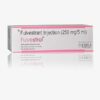
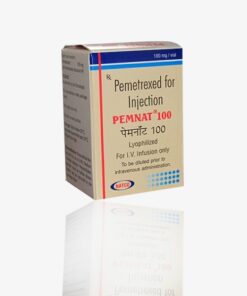

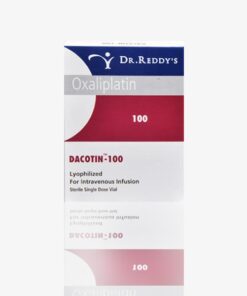
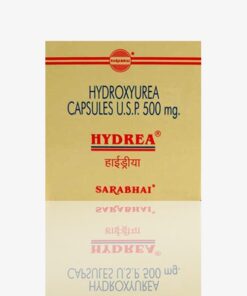
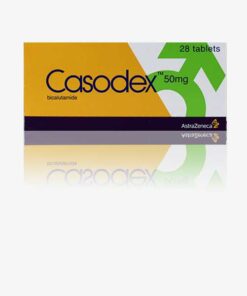
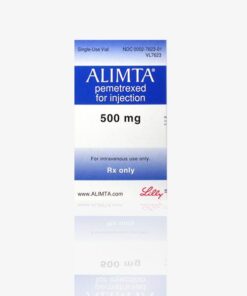
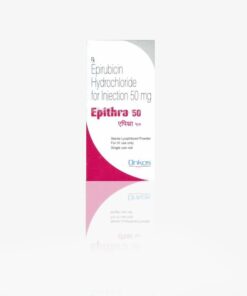
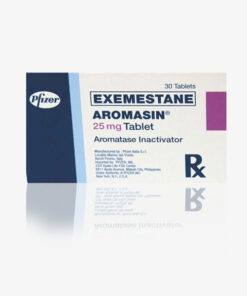
Reviews
There are no reviews yet.